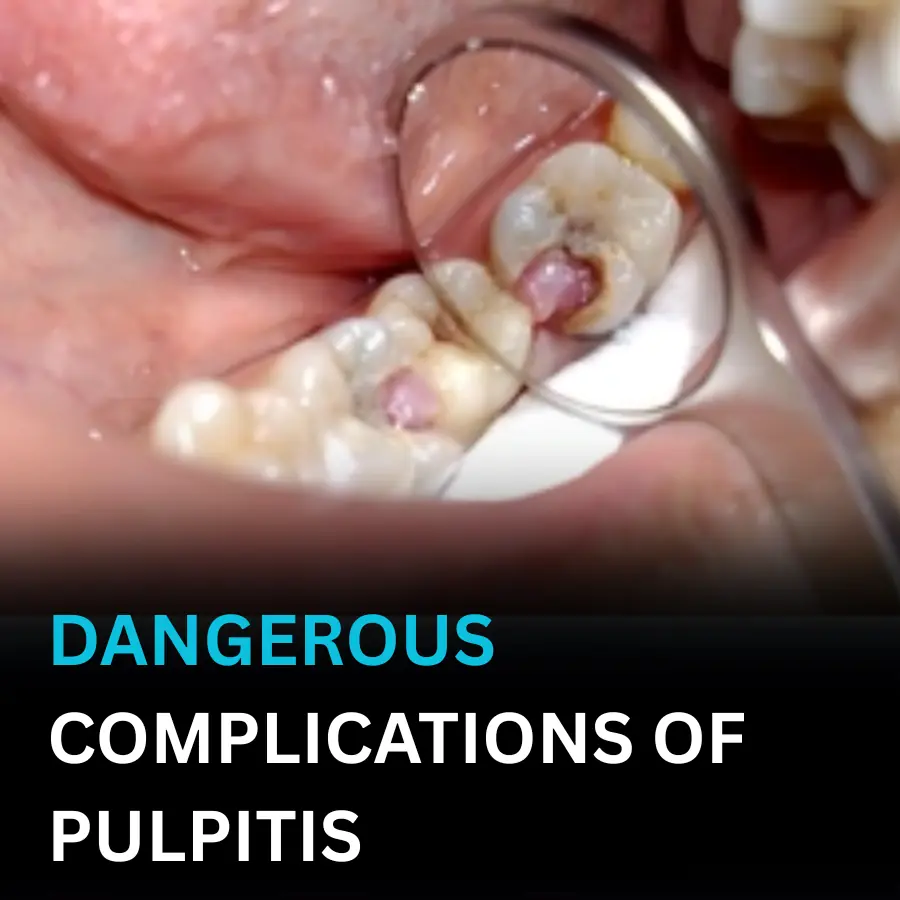
Foods To Eat And Avoid To Help Prevent Can.cer
The link between diet and cancer prevention is stronger than ever. What you eat every day can either strengthen your body’s natural defenses — or silently fuel inflammation and cell damage that increase your risk. The good news? Building a cancer-fighting diet doesn’t require drastic changes. By focusing on colorful, nutrient-rich foods and cutting back on harmful habits, you can give your body a better chance to stay healthy for the long run.
Foods that protect against cancer
1. Colorful fruits and vegetables – your natural shield
The more colors on your plate, the better your protection. Vibrant produce — like carrots, bell peppers, tomatoes, mangoes, and papayas — are packed with antioxidants and phytochemicals that protect cells from oxidative damage.
These foods are rich in fiber, which supports gut health and helps prevent digestive cancers such as colon, stomach, and esophageal cancer. A fiber-rich diet keeps the intestines clean, improves bowel movement, and helps flush out carcinogens before they can cause harm.
2. Berries – small fruits, powerful protection
Berries like strawberries, raspberries, and blueberries are tiny but mighty. They’re rich in ellagic acid and flavonoids, two powerful antioxidants that help neutralize carcinogens and slow the growth of abnormal cells.
Blueberries also help eliminate free radicals — unstable molecules that can damage DNA and trigger tumor formation. Meanwhile, grapes and grape juice contain resveratrol, known for its anti-inflammatory and anti-cancer properties that help block the initial activation of cancer cells.
3. Folate-rich greens – your vitamin B defense system
Folate, a natural form of vitamin B9, plays a vital role in DNA repair and cell regeneration, helping prevent cancers of the colon, rectum, and breast.
Load up on asparagus, okra, kale, spinach, collard greens, and lettuce — all high in folate, carotenoids, and fiber. These nutrients work together to lower the risk of oral, throat, pancreatic, lung, and stomach cancers, while also supporting detoxification and healthy skin.
Foods and drinks to limit or avoid
1. Alcohol – a direct trigger for multiple cancers
Alcohol is one of the most well-documented dietary risk factors for cancer. Excessive drinking increases the risk of mouth, throat, esophagus, liver, and breast cancer.
When alcohol (ethanol) is metabolized, it turns into acetaldehyde, a toxic compound that damages DNA and prevents cells from repairing themselves properly. Alcohol also interferes with nutrient absorption, especially folate, which further increases vulnerability to cancer.
2. Red meat stews and high-heat cooking
While red meat can be part of a balanced diet, cooking it at high temperatures — like grilling, frying, or stewing for long periods — can create carcinogenic compounds such as heterocyclic amines (HCAs).
Red meat is also high in heme iron and saturated fat, both of which can promote inflammation and oxidative stress in the body. If you enjoy beef or lamb, cook it gently, pair it with vegetables, and avoid adding too much sugar or artificial coloring during cooking.
3. Processed meats – the hidden danger
Processed meats like sausages, ham, bacon, and cold cuts are classified by the World Health Organization (WHO) as Group 1 carcinogens, meaning there’s strong evidence they cause cancer in humans.
These foods often contain nitrates, preservatives, and added salt, which can form nitrosamines — compounds linked to colorectal and stomach cancers. Frequent consumption also raises risks of high blood pressure, diabetes, and obesity, all of which increase cancer risk.
Lifestyle habits that make the difference
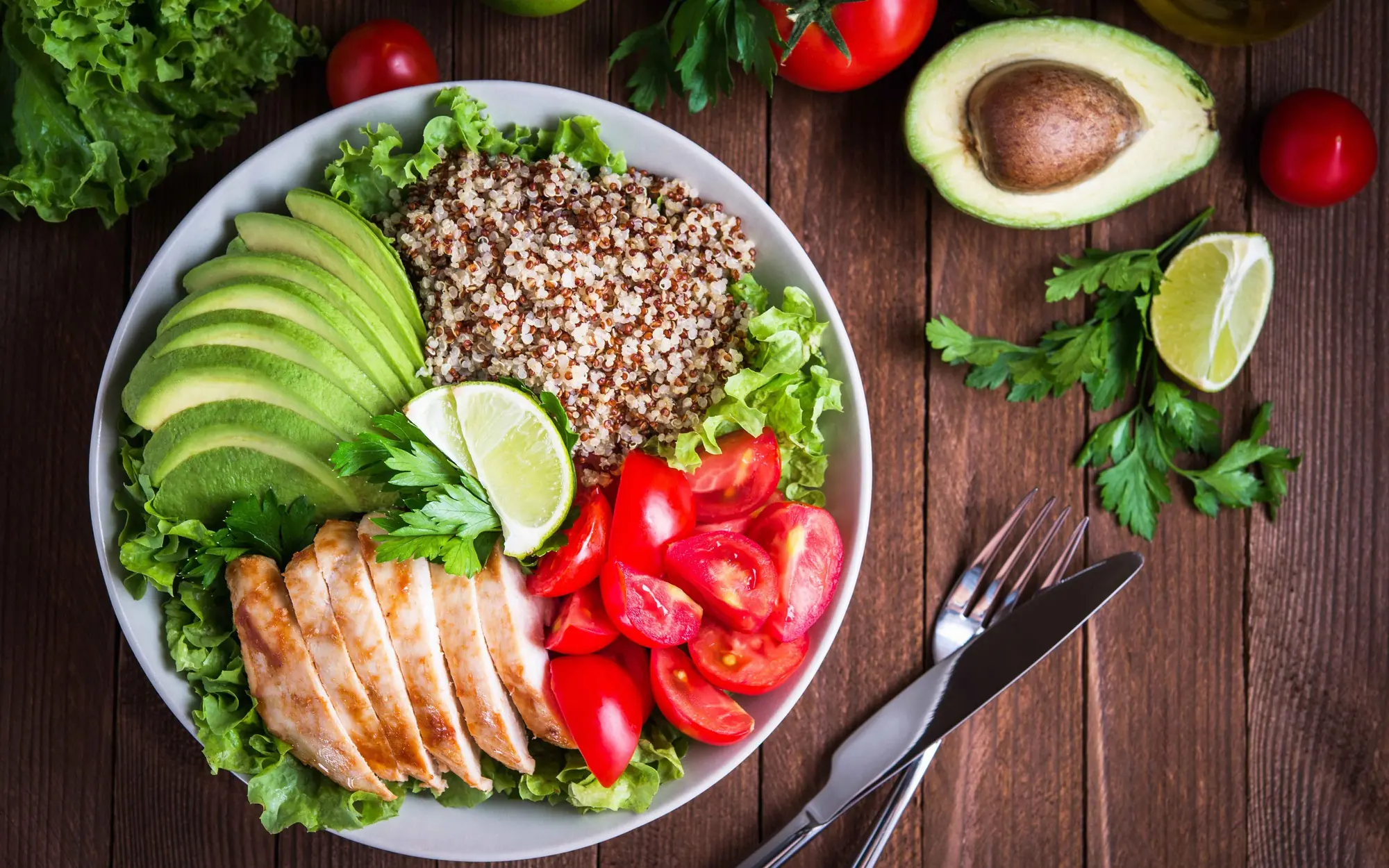
Nutrition alone isn’t enough — prevention comes from balance.
-
Exercise regularly: Aim for at least 30 minutes of movement, 5 days a week.
-
Sleep early and avoid midnight snacks: Hormonal balance and digestion improve when you rest properly.
-
Manage stress: Chronic tension weakens the immune system, making it harder to fight abnormal cells.
-
Avoid chemical exposure: Limit contact with household toxins, cigarette smoke, and industrial pollutants.
-
Get annual checkups: Early detection is still the most effective form of cancer prevention.
The takeaway
Fighting cancer starts in your kitchen. A colorful diet rich in fresh fruits, leafy greens, and whole foods gives your body the antioxidants, vitamins, and fiber it needs to stay strong. Combine that with regular exercise, good sleep, and minimal alcohol, and you’re already building one of the most powerful natural defenses against disease. 🌿
News in the same category

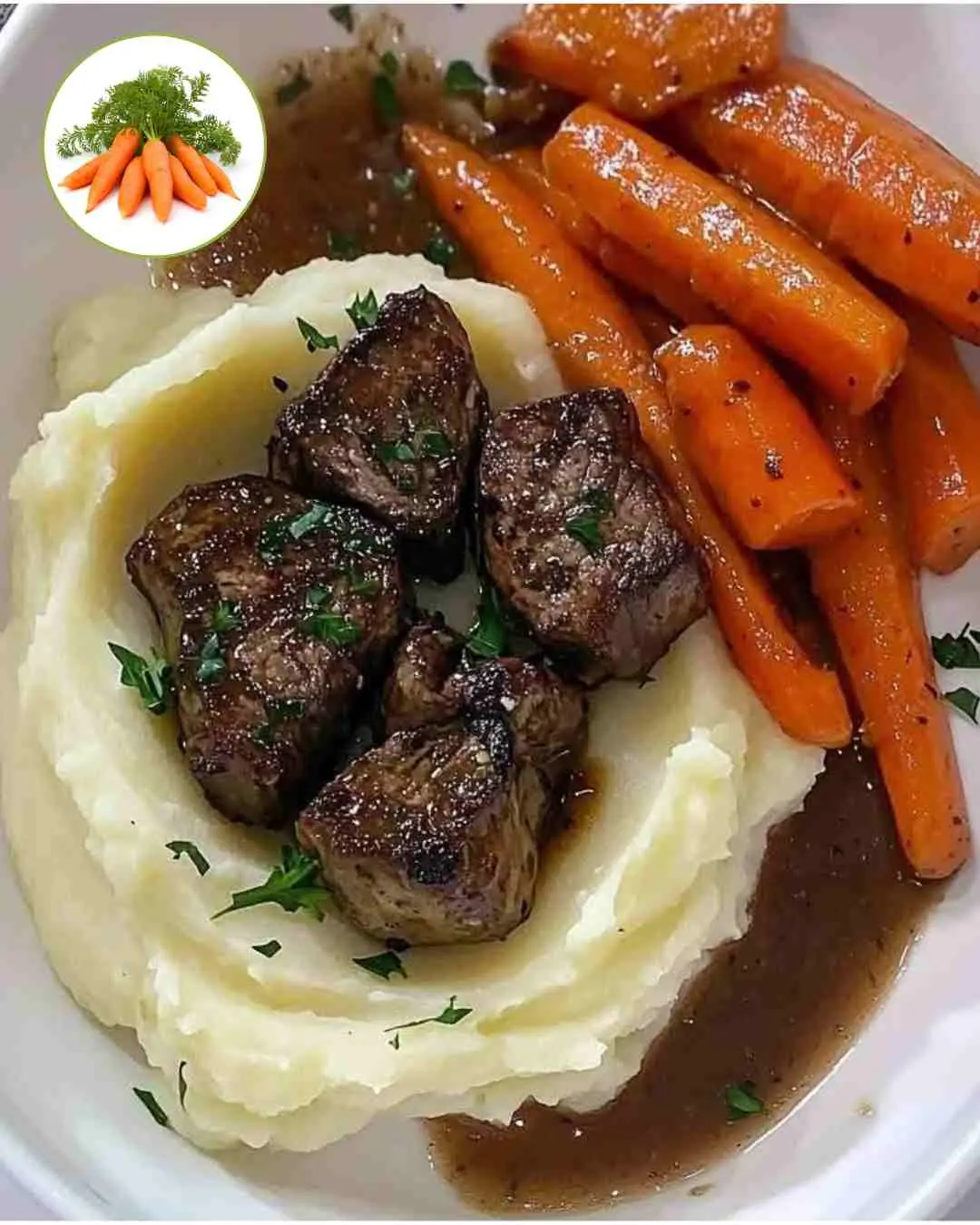
Butter Steak Bites with Mashed Potatoes & Glazed Carrots – A Comfort Plate With Serious Flavor
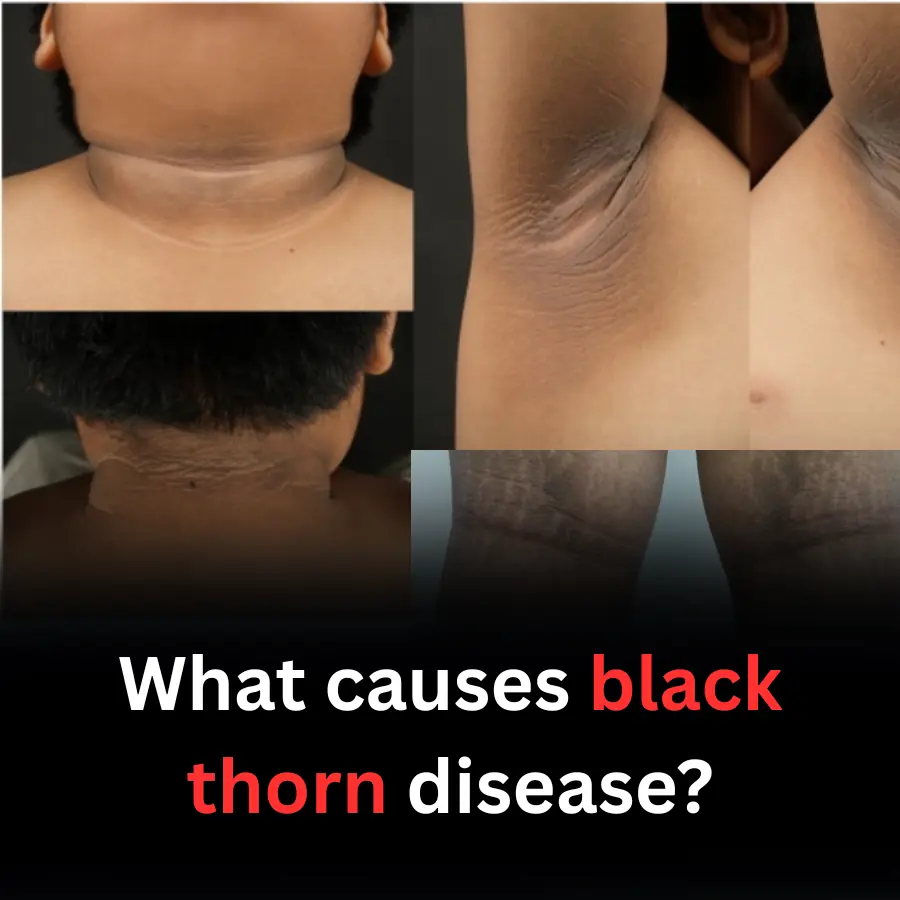
What causes black thorn disease?
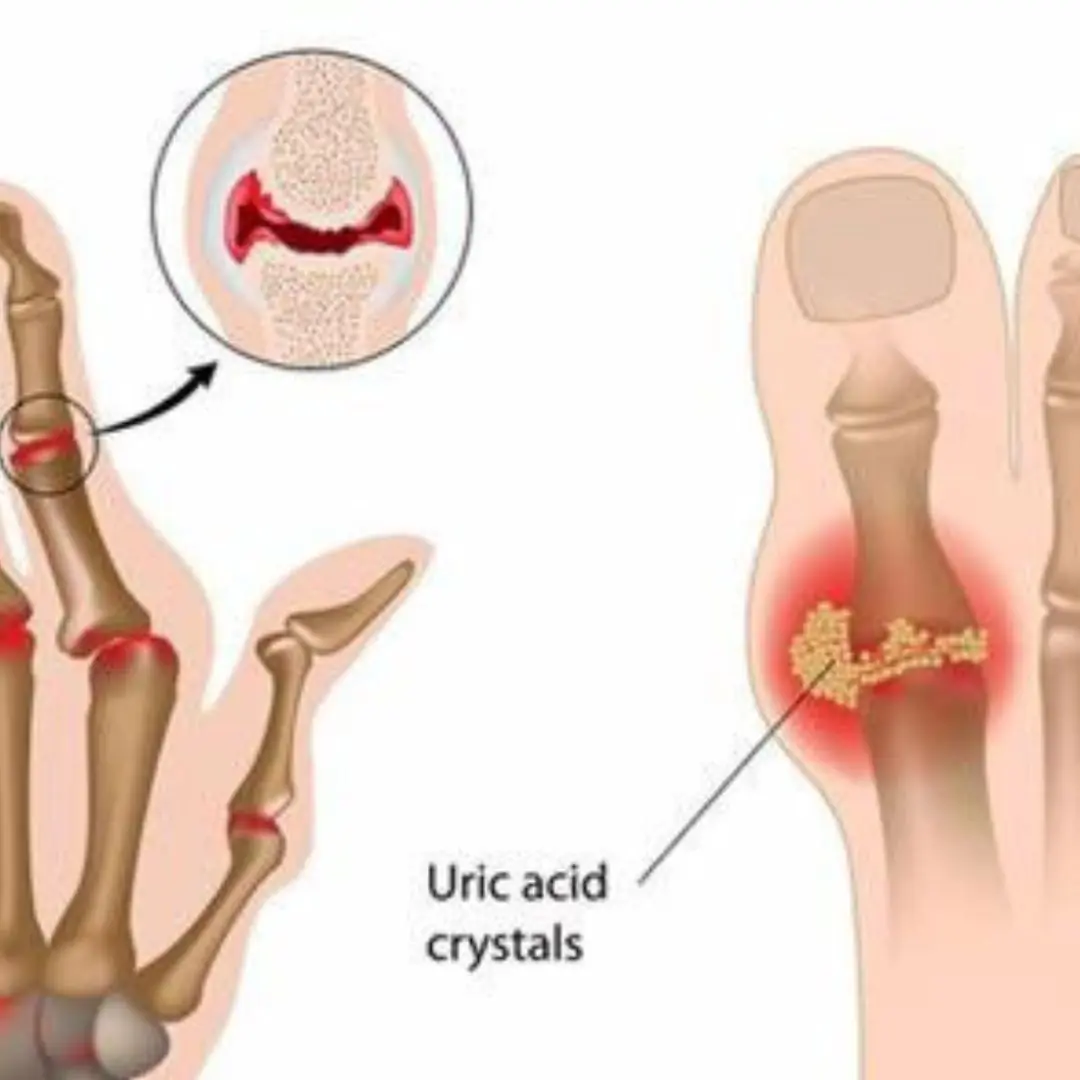
The #1 Drink to Reverse High Uric Acid and Gout — Backed by Science

If You Wake Up With These 4 Morning Symptoms, Sorry — Your Kid.neys May Be in Trouble
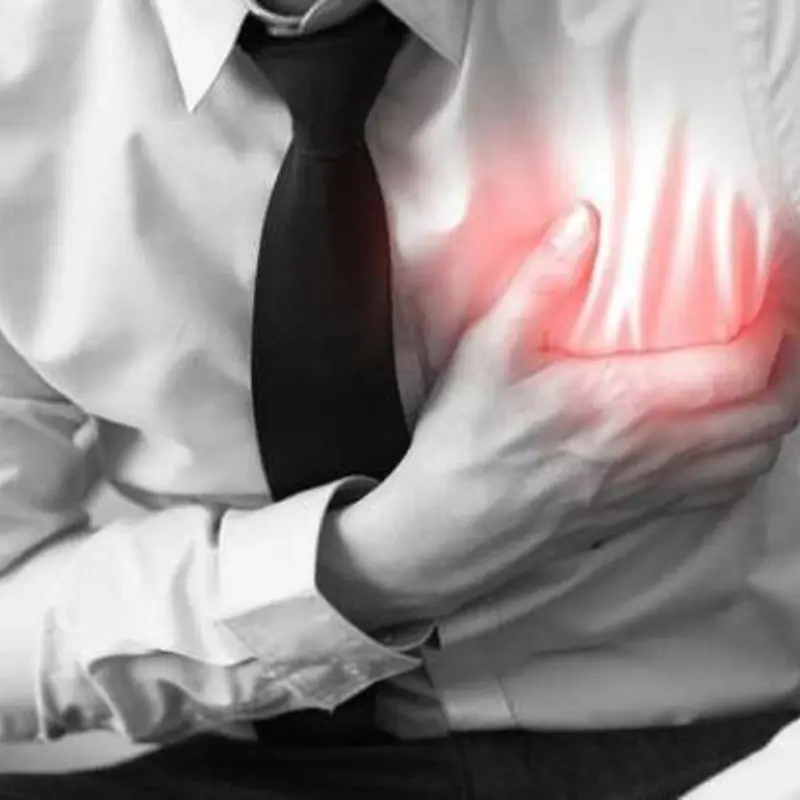
Drinking Coffee at the Wrong Time May Harm Your Heart:
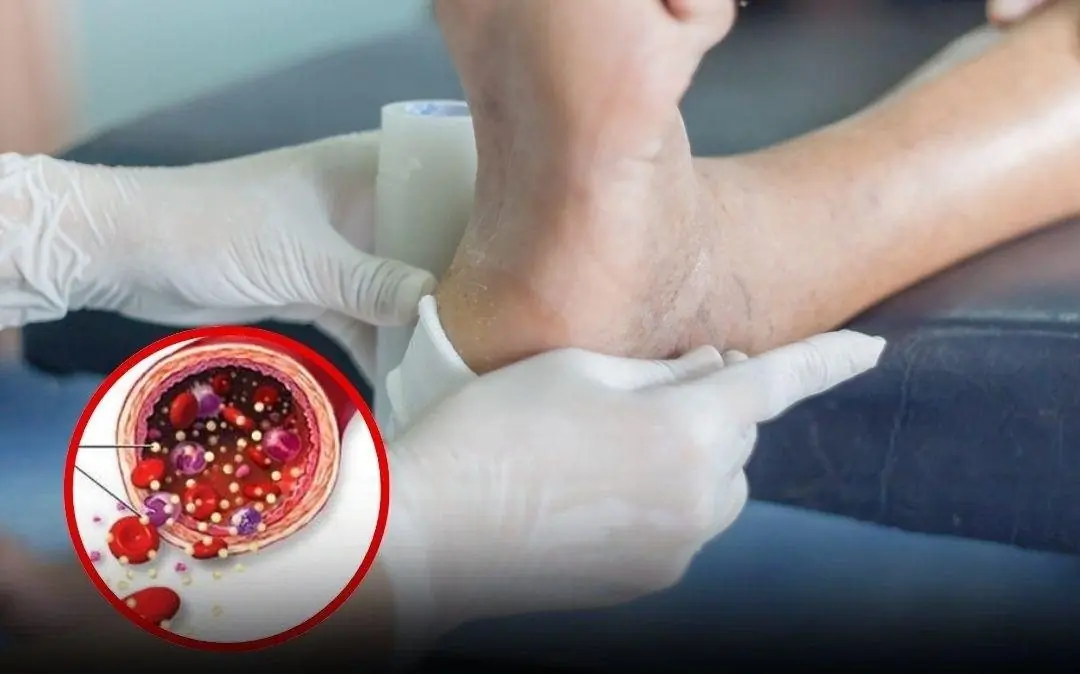
Your feet can reveal important warning signs about circulation and nerve health

Are kidney cysts really benign? Experts warn of signs that should never be ignored
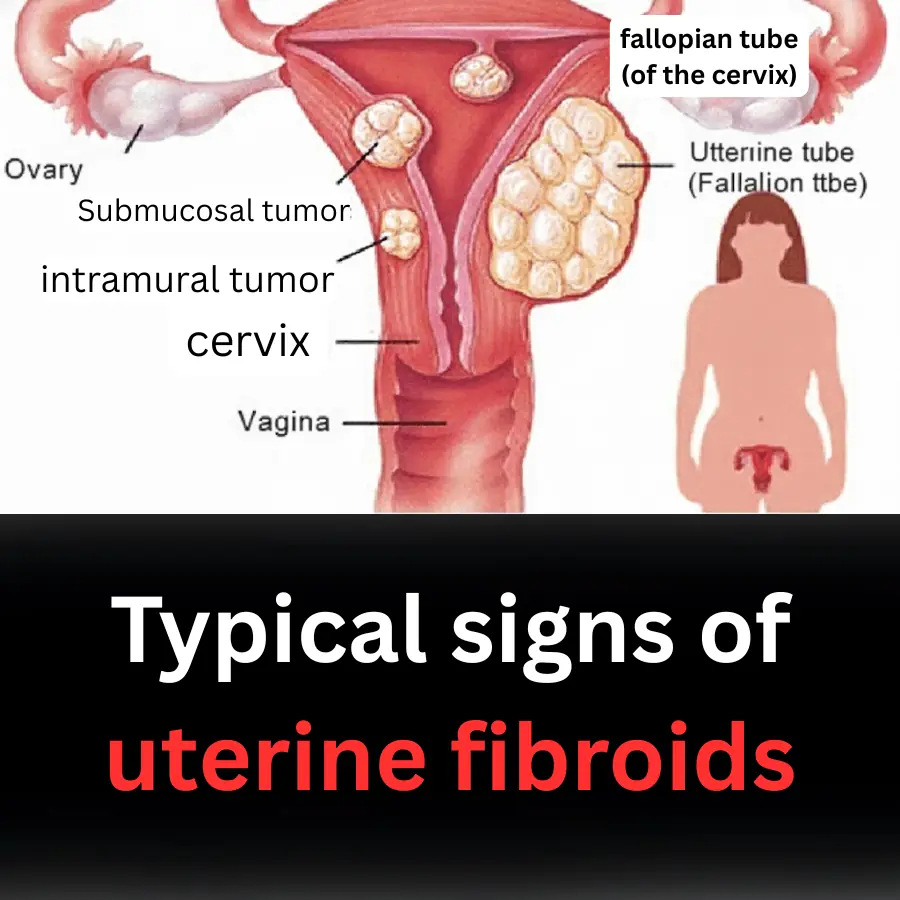
Typical signs of uterine fibroids
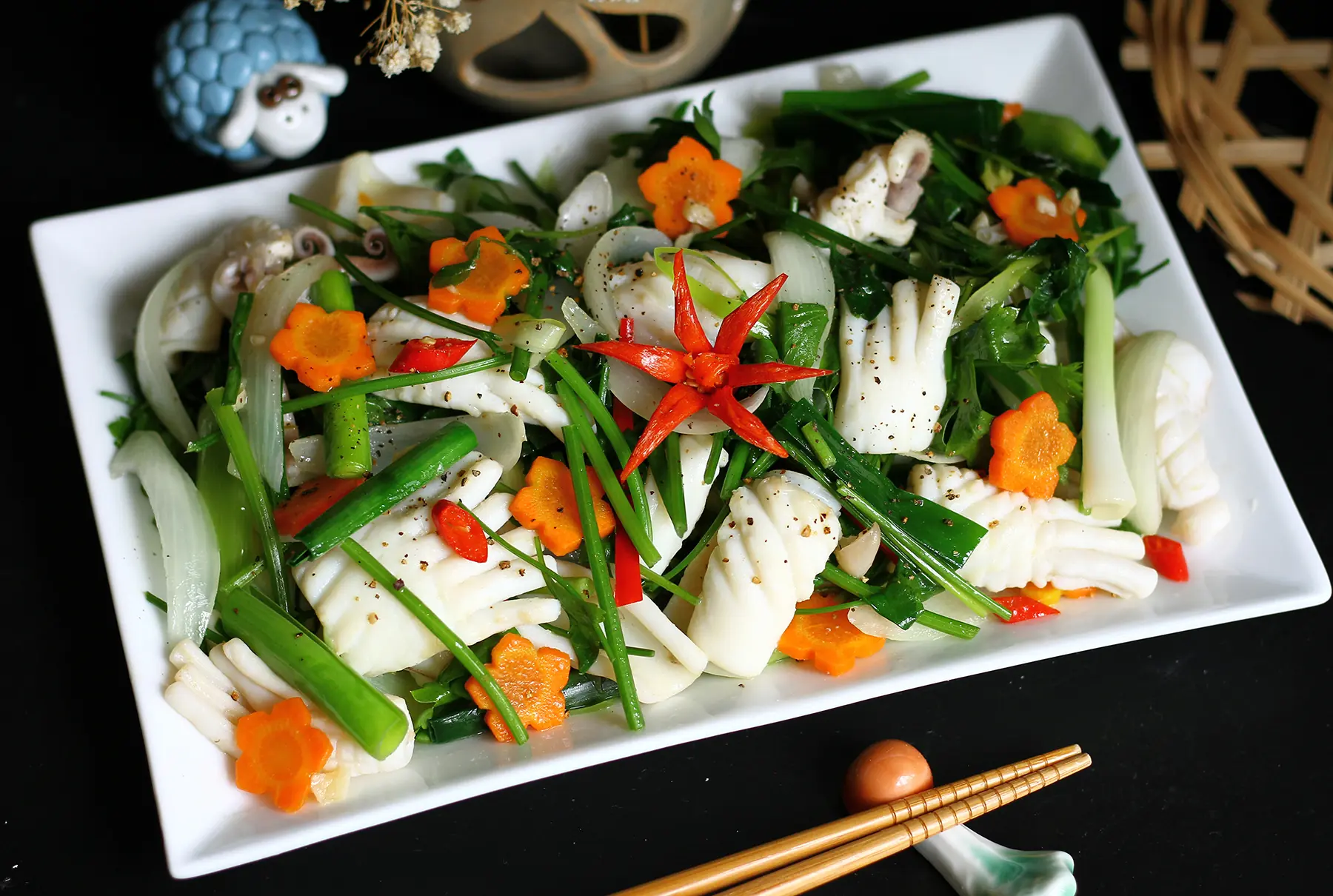
The More You Eat This Vegetable, the Cleaner Your Arteries Become: A Stroke-Prevention Secret Many People Overlook!
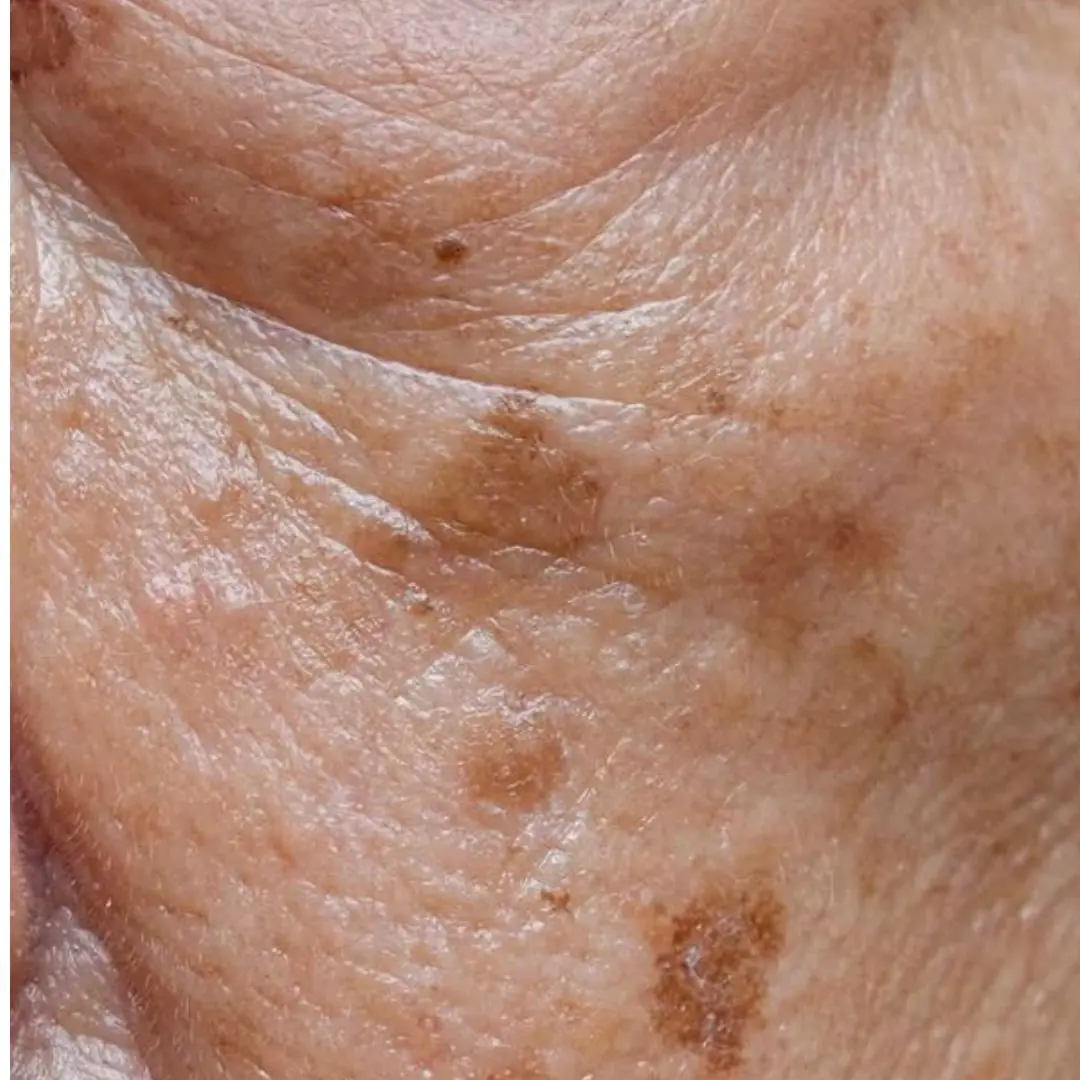
Age Spots and Selenium: How This Powerful Mineral Can Help Fight Sun Damage Naturally

A 12-year-old boy loses 12 teeth at once due to a common habit among children
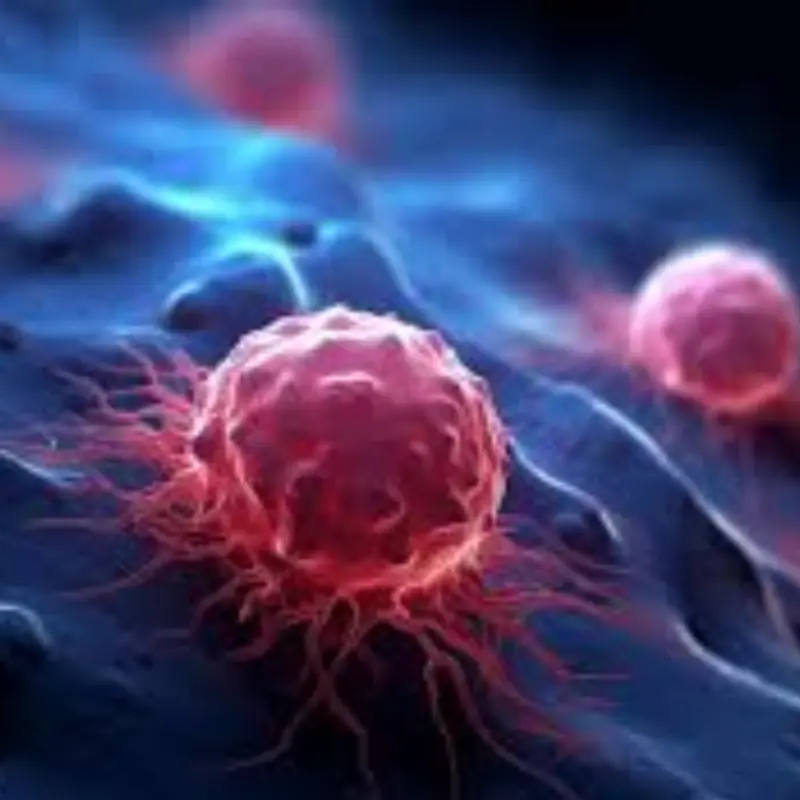
Warning: A Common Daily Habit May Be “Inviting” Liver Can.cer — Many People Know It, Yet Still Do It
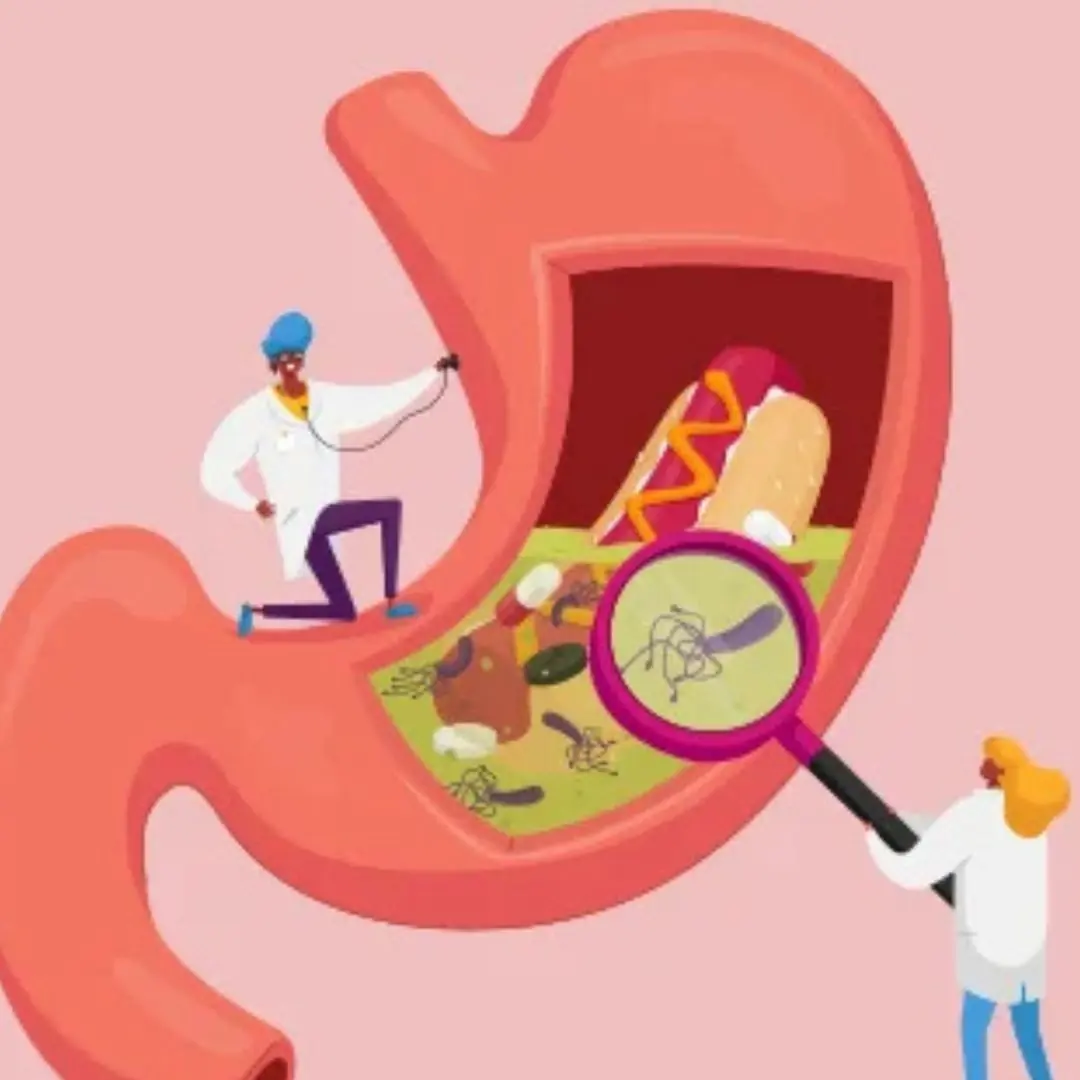
6 foods that clean the intestines naturally when eaten on an empty stomach

Poucas pessoas reconhecem os sinais de alerta de problemas de circulação que podem surgir nos pés e nas pernas durante a noite
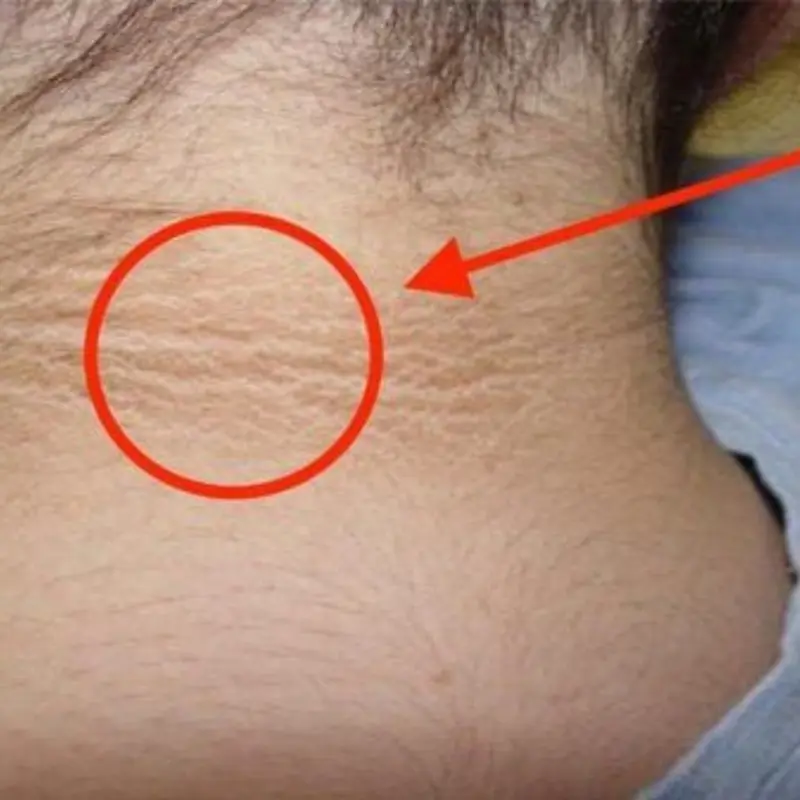
Don’t Ignore These Silent Signs of Oral Cancer
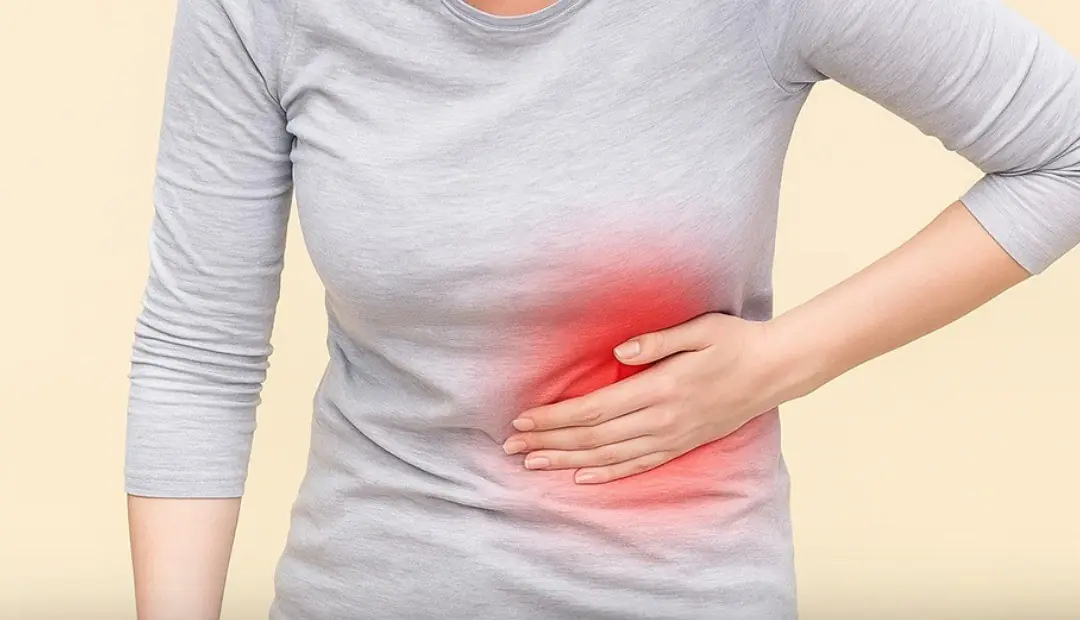
Pain on the left side of your body: What could it mean?

Your feet can reveal important signs about your circulation and metabolic health
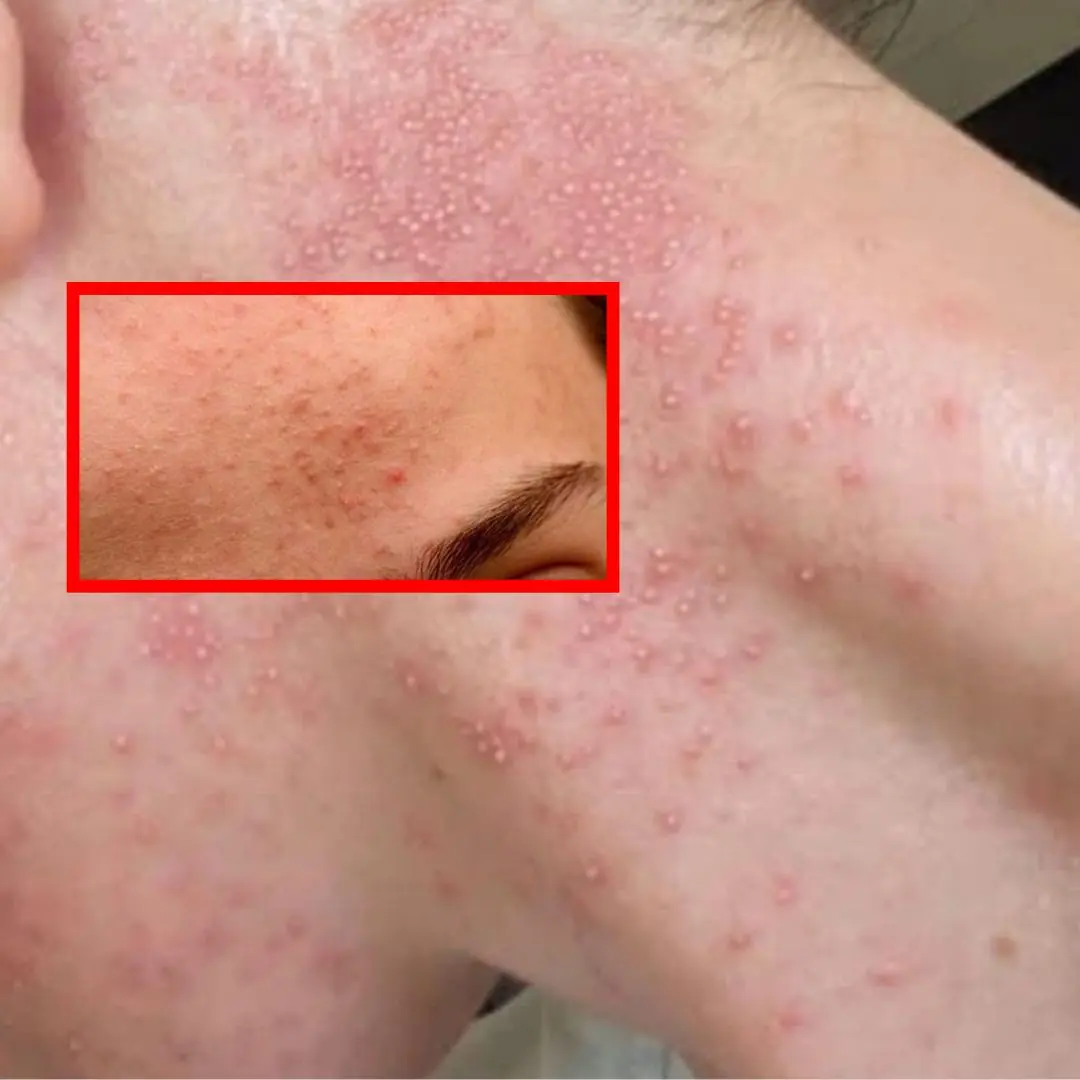
These are the consequences of eating....
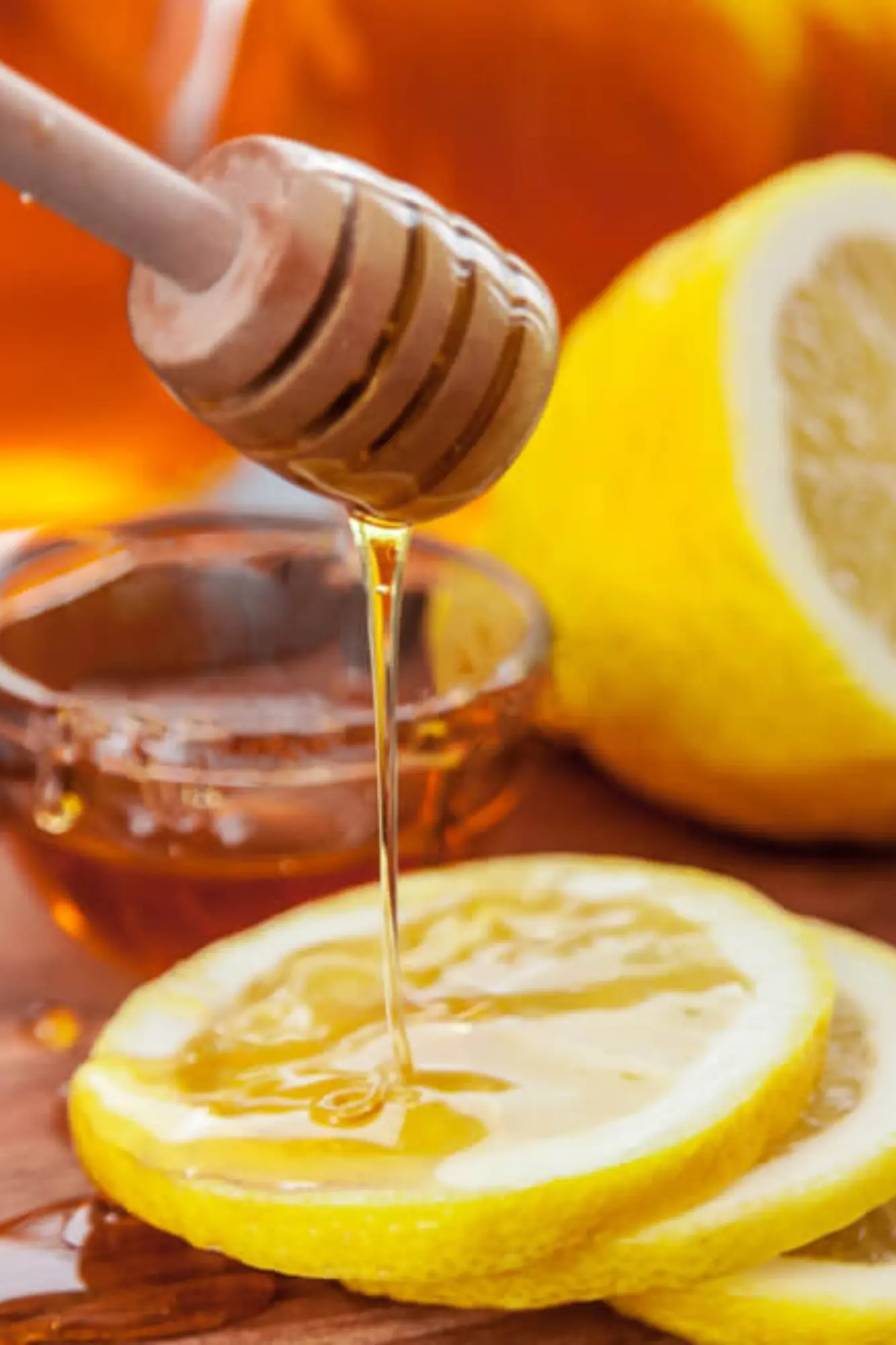
5 amazing benefits of drinking warm water with honey
News Post

DANGEROUS COMPLICATIONS OF PULPITIS

Butter Steak Bites with Mashed Potatoes & Glazed Carrots – A Comfort Plate With Serious Flavor

What causes black thorn disease?
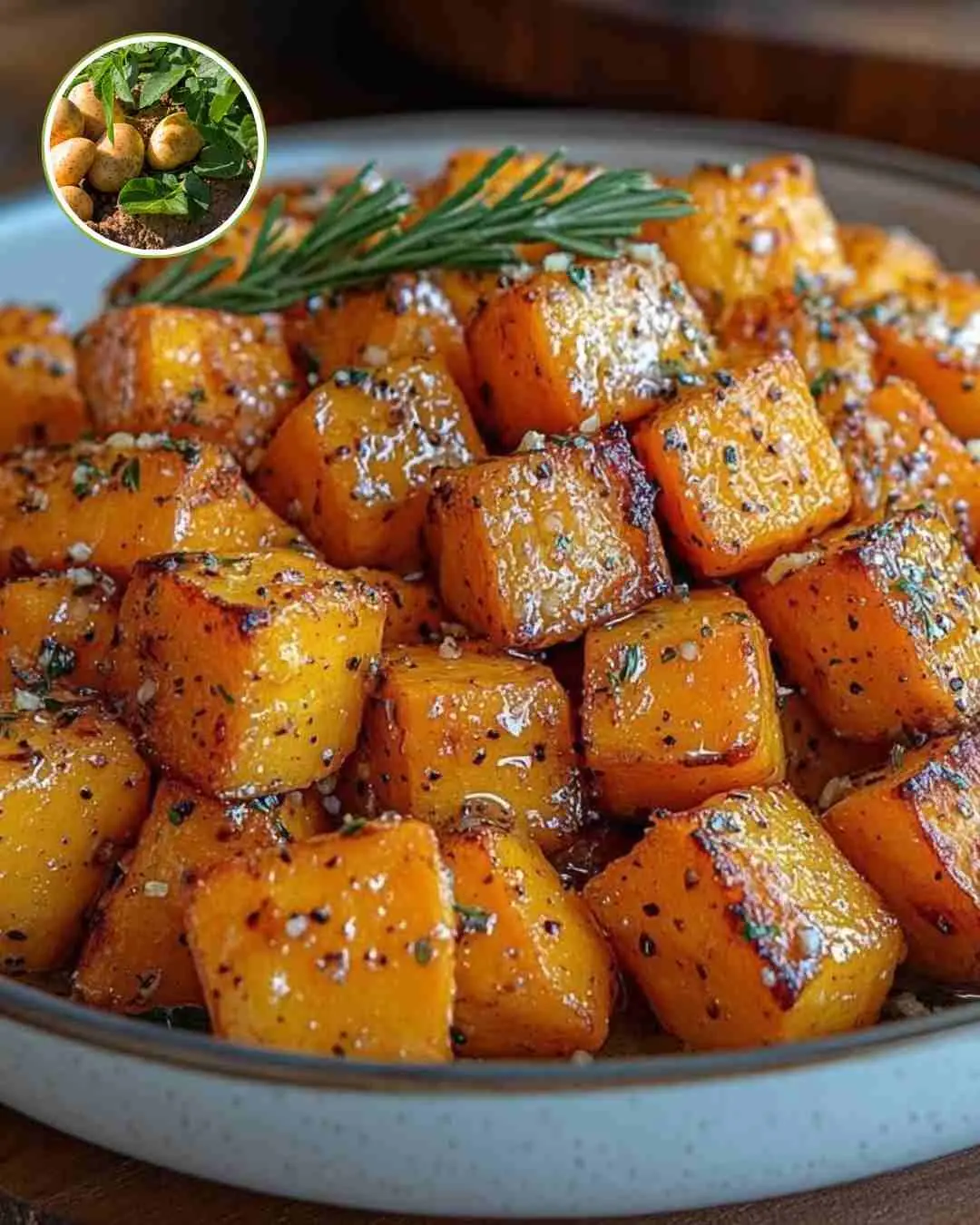
Baked Sweet Potatoes with Garlic Butter.

The #1 Drink to Reverse High Uric Acid and Gout — Backed by Science

If You Wake Up With These 4 Morning Symptoms, Sorry — Your Kid.neys May Be in Trouble

Drinking Coffee at the Wrong Time May Harm Your Heart:

Cardiologist reveals 3 drinks that help control blo.od pressure
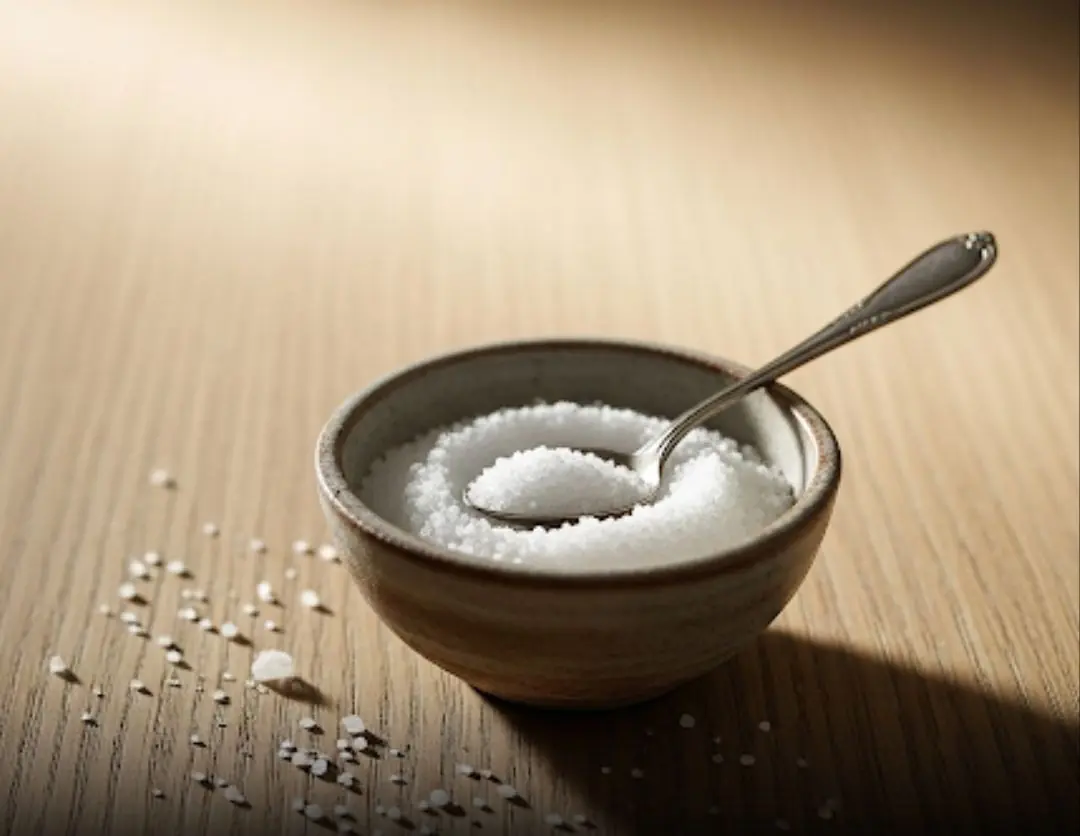
A single ingredient to combat bone pain, diabetes, anxiety, depression, and constipation
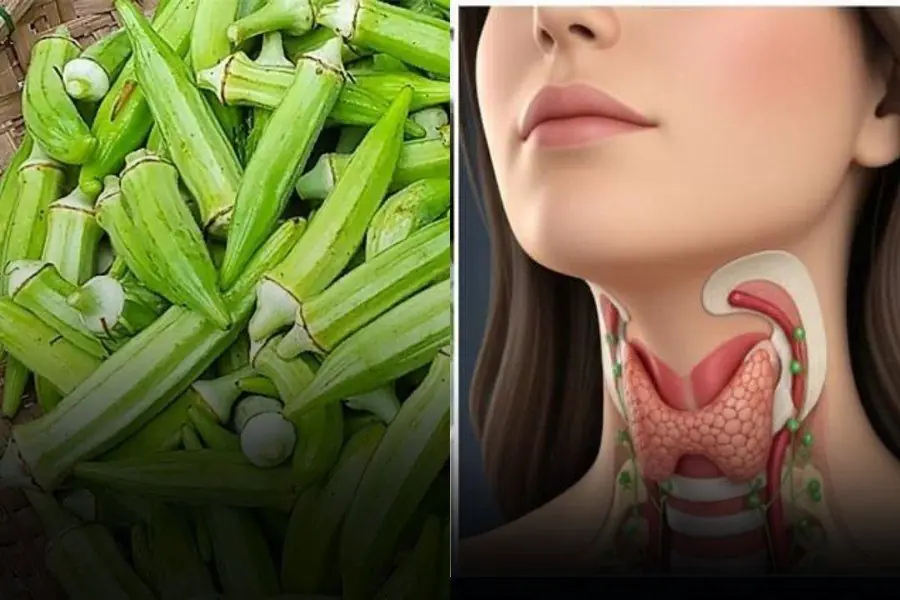
Okra is great for your health, but not everyone reacts to it the same way

So this is why our electricity bills have been so high — we’ve been wasting power for ages without knowing!

Your feet can reveal important warning signs about circulation and nerve health
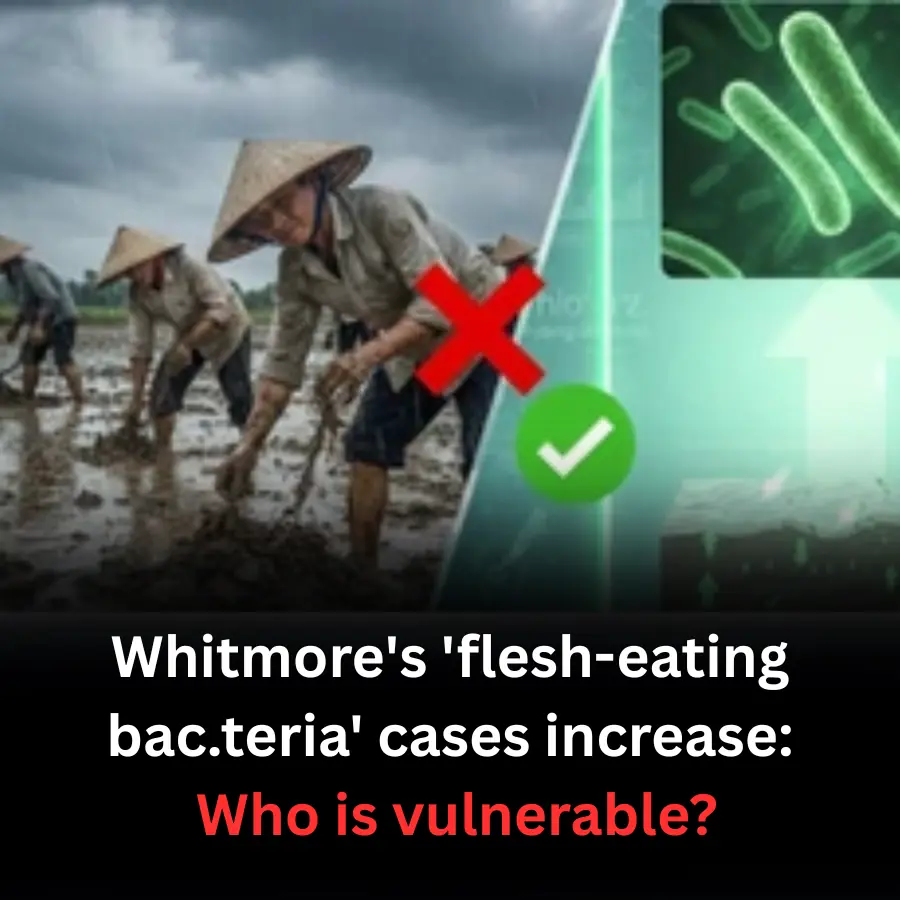
Whitmore's 'flesh-eating bac.teria' cases increase: Who is vulnerable?

Are kidney cysts really benign? Experts warn of signs that should never be ignored

Typical signs of uterine fibroids

The More You Eat This Vegetable, the Cleaner Your Arteries Become: A Stroke-Prevention Secret Many People Overlook!

Age Spots and Selenium: How This Powerful Mineral Can Help Fight Sun Damage Naturally

A 12-year-old boy loses 12 teeth at once due to a common habit among children

Warning: A Common Daily Habit May Be “Inviting” Liver Can.cer — Many People Know It, Yet Still Do It
